The dream of making it as an actor in Mumbai is powerful, but let’s be real—it’s a dream that requires a solid plan. The city’s reputation for being expensive can be daunting, but with a strategic and disciplined approach, you can make your career financially viable. The key is to see yourself as a small business, and your money as a tool to invest in your craft. This isn’t just a guide on how much money you need; it’s a guide on how to make your money last and survive in the City of Dreams.
You’ll face days when your pockets feel empty, when the thought of eating another tiffin meal makes you want to cry, and when the chaos of the local train feels unbearable. But those are the moments that build the grit you’ll need to succeed. This is a guide for those days.
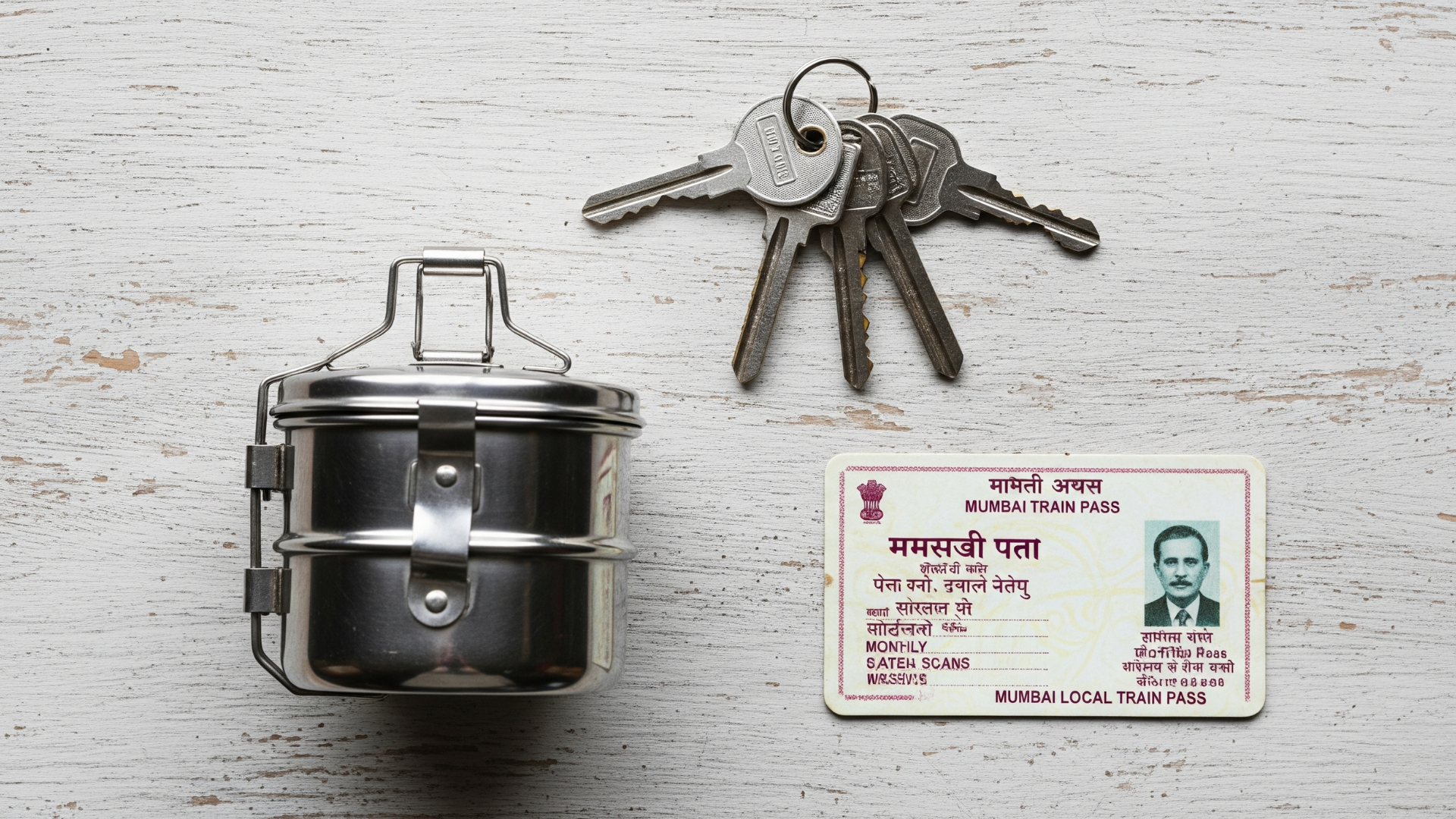
The Big Three: Rent, Food, and Transportation
For a single person, the average monthly expenses can feel overwhelming, but a significant portion can be managed by making smart, frugal choices. The real cost depends on your ability to be resourceful and disciplined, and to embrace a simple, no-frills lifestyle.

1. Rent: Finding Your Home in an Actor’s Hub
Mumbai’s entertainment industry is largely concentrated in the Western suburbs. The areas most popular with aspiring actors are Andheri West, Versova, and Goregaon, due to their proximity to major production houses and casting agencies. While the rent for a private apartment in these areas can be very high, the most realistic option for a fresher is shared accommodation.
- Paying Guest (PG) Accommodation: This is the most affordable and popular entry point. PGs are usually fully furnished and can sometimes include food and utilities. They’re a great way to meet other aspiring artists and build your initial network. Expect to pay between ₹4,000 and ₹10,000 per month. The downsides? You’ll have limited privacy and will have to follow the rules of the house.
- Shared Flat/Apartment: This option provides more freedom and privacy. You would share a flat with roommates, splitting the rent and other bills. This can be a bit more expensive, ranging from ₹8,000 to ₹15,000 per month, but gives you more control over your living space and daily routine.
By choosing a shared living space, you not only reduce your rent but also your utility and food costs. This strategic choice is key to keeping your primary expense in check, allowing you to live within walking or a short auto-rickshaw distance of key industry locations.
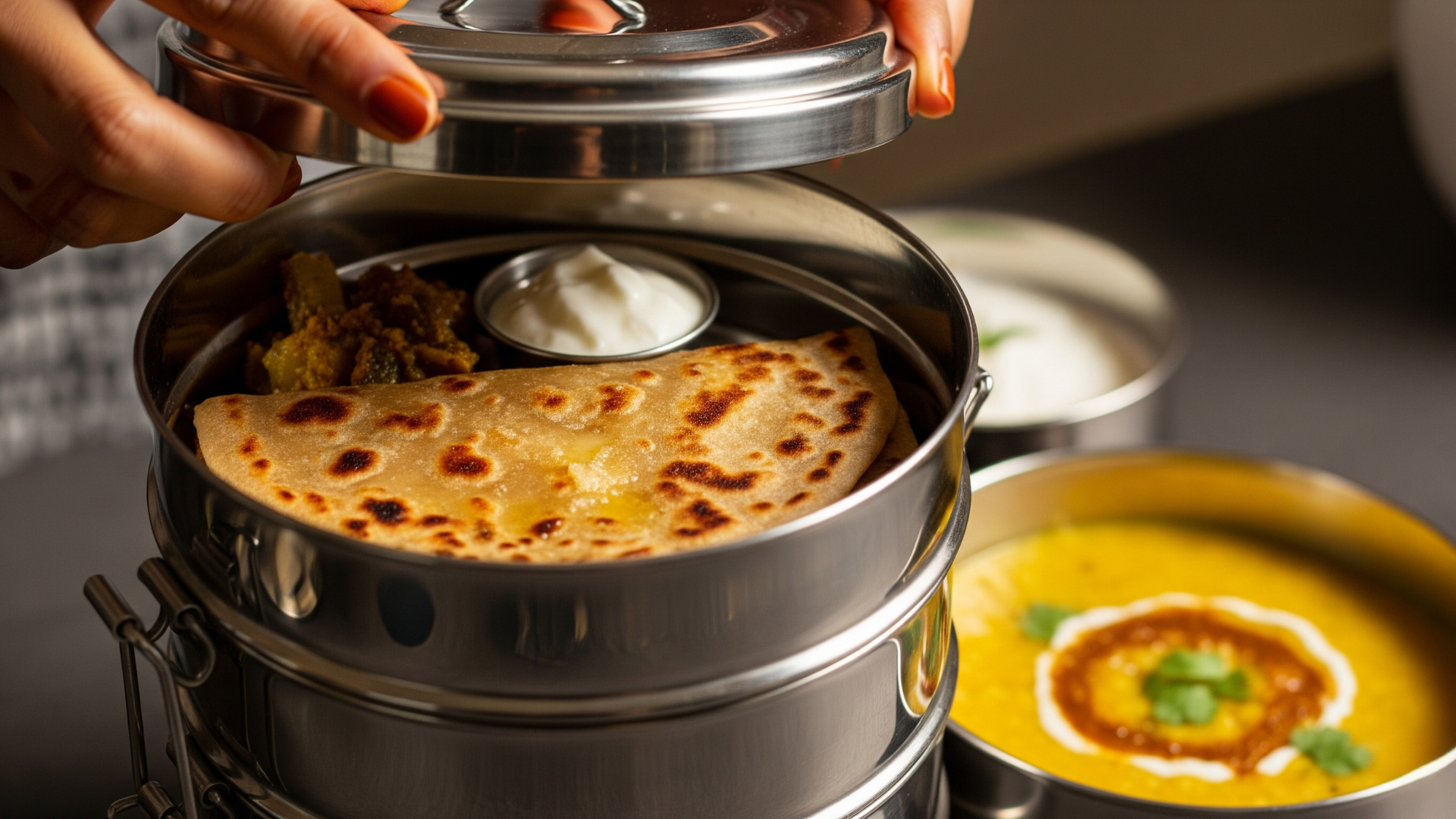
2. Food: Tiffin Services, Home Cooking, and Street Food
Food can be a major expense if you choose to dine out regularly. A single meal at a modest restaurant can cost upwards of ₹500, which can quickly drain your budget. The two most effective ways to manage this cost are:
- Tiffin Services: These are a lifesaver for many newcomers. For as little as ₹2,000 to ₹3,000 per month, you can subscribe to a tiffin service that delivers hygienic, home-cooked meals (usually lunch and dinner) to your doorstep. It might not be gourmet, but it’s a reliable and cheap way to eat.
- Home Cooking: If you live in a shared flat, cooking your own meals is the most cost-effective option. A monthly grocery budget for a single person can be as low as ₹3,000.
- Street Food: Mumbai’s famous street food is a cheap and delicious option for occasional meals. A vada pav costs as little as ₹15, and other local favorites like pav bhaji and dosas are equally affordable. Just be mindful of hygiene and don’t rely on it every day.

3. Transportation: Navigating the City on a Budget
Navigating Mumbai’s sprawling network of local trains, metro lines, and buses is an essential survival skill. The local train network is the city’s lifeline, and a monthly pass is a smart investment, often costing as little as ₹300 to ₹1,500. For added convenience, digital tools like the m-Indicator and Chalo apps can be indispensable for checking routes and real-time bus tracking. For travel between trains and your final destination, a shared auto-rickshaw is a common and affordable option.
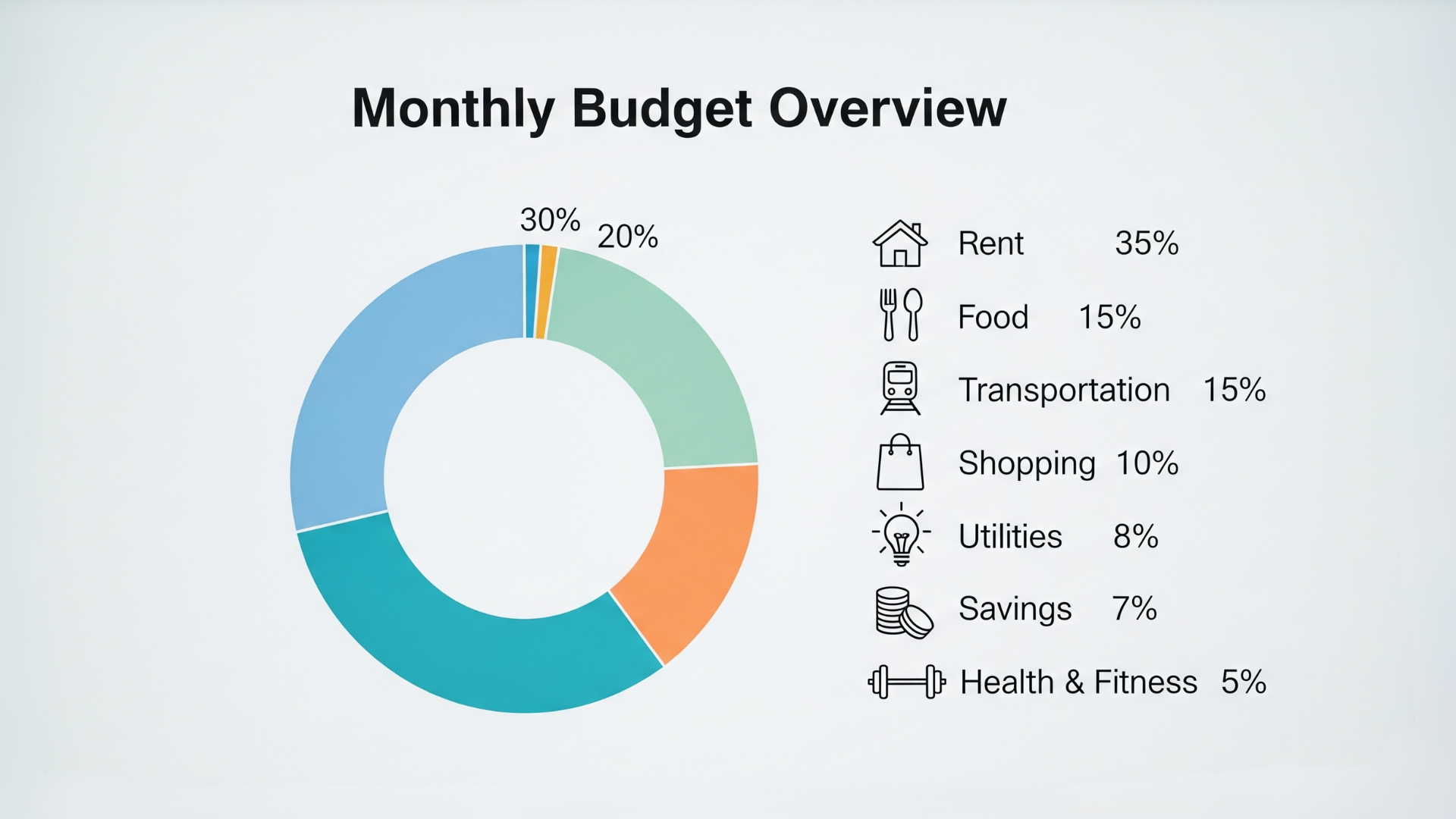
Your Realistic Monthly Budget Breakdown
Here is a more detailed look at a typical frugal budget for a single aspiring actor in Mumbai. This is a bare-bones plan, designed for a person who is extremely disciplined with their spending.
| Category | Estimated Monthly Expense (in ₹) | Notes |
|---|---|---|
| Rent (Shared PG) | ₹5,000 | A realistic average for a PG in a decent location. |
| Food (Tiffin Service) | ₹2,500 | An average cost for two meals a day from a good service. |
| Transportation (Monthly Pass) | ₹1,000 | Covers all local trains and buses for unlimited travel. |
| Utilities (Electricity & WiFi) | ₹1,500 | A conservative estimate for a shared flat. |
| Mobile & Communication | ₹500 | Essential for staying connected and receiving updates. |
| Personal & Miscellaneous | ₹3,000 | Includes toiletries, laundry, haircuts, and other small, day-to-day purchases. |
| Career Development Fund | ₹5,000 | This is the crucial part of your budget. It covers new headshots, workshops, or professional training. This is a non-negotiable expense. |
| Emergency Fund | ₹2,000 | A small buffer for unexpected expenses like medical visits or travel. |
| Total Monthly Budget | ₹20,500 | This is a realistic figure for a frugal, but not impossible, existence. |
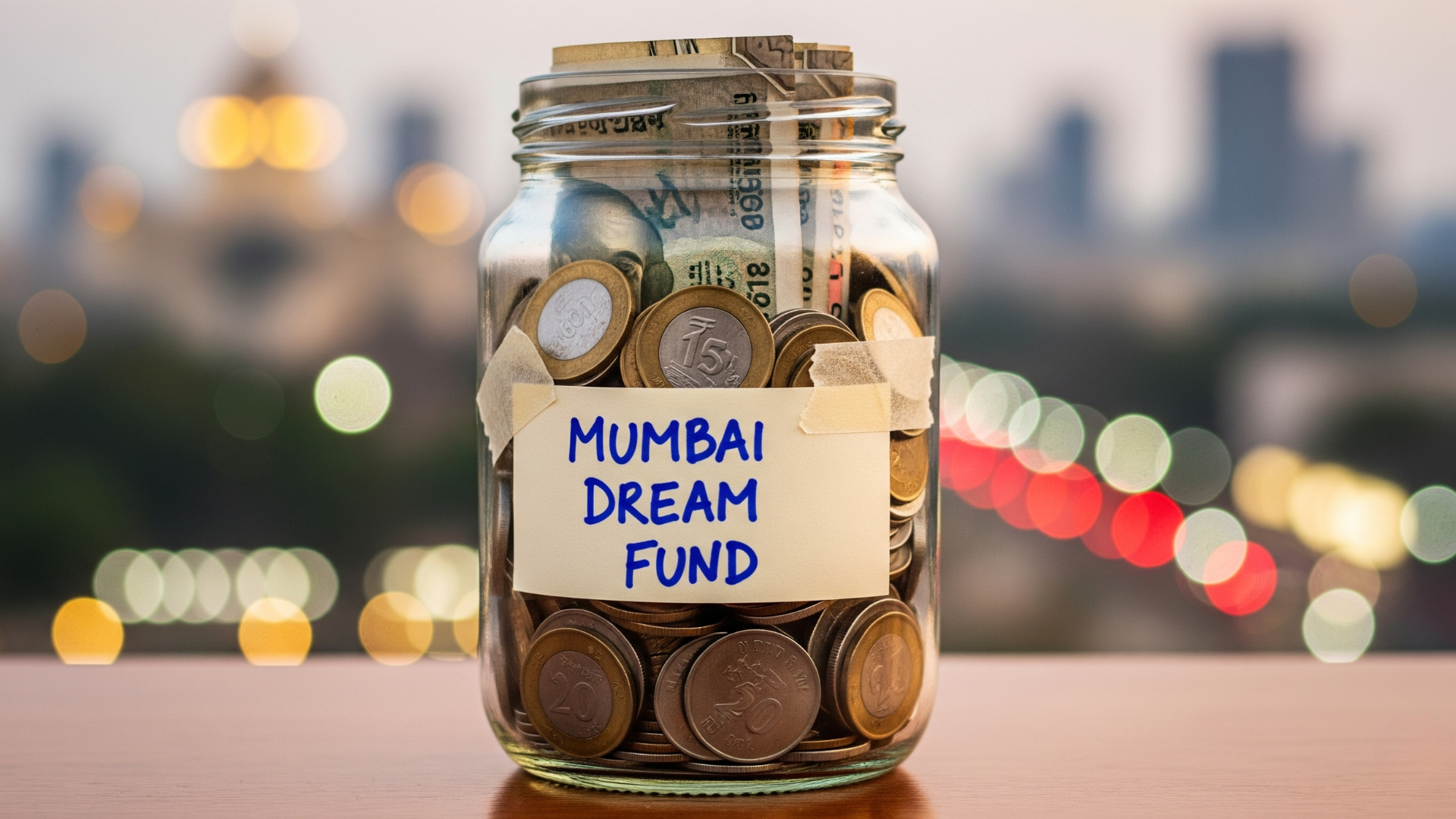
The Reality Check: Building Your Financial Buffer
Look, let’s be brutally honest. That ₹20,500 budget is cutting it extremely fine. It’s the “best-case scenario” budget, a plan for when everything goes right. It leaves almost no room for anything extra—no coffee with a new contact, no new outfit for an important audition, and certainly no sick days. That ₹2,000 emergency fund can disappear in one visit to a decent doctor.
Mumbai can be tough, and the best thing you can do for yourself is to come prepared. Before you make the move, you should have at least 3-4 months of savings in the bank. This acts as a crucial safety net, giving you the peace of mind to focus on your craft instead of worrying about rent. A solid buffer allows you to say no to questionable opportunities that would compromise your dignity and to take a day off for yourself when the hustle gets overwhelming.
The emotional toll of being constantly frugal is real. Surviving on vada pav and chai for weeks on end can wear you down. Having a little extra money means you can occasionally treat yourself to something nice, which can be a huge morale booster.
Beyond the Basics: Hidden Costs and Income Streams
When budgeting, it’s important to account for costs you might not immediately consider. These include:
- One-time setup costs: A security deposit for a PG or flat is typically one to two months’ rent, which can be a significant upfront cost.
- Portfolio costs: Getting professional headshots and creating a professional resume and demo reel are a one-time investment that can range from a few thousand to much more.
- Networking costs: Attending industry events or workshops may have fees.
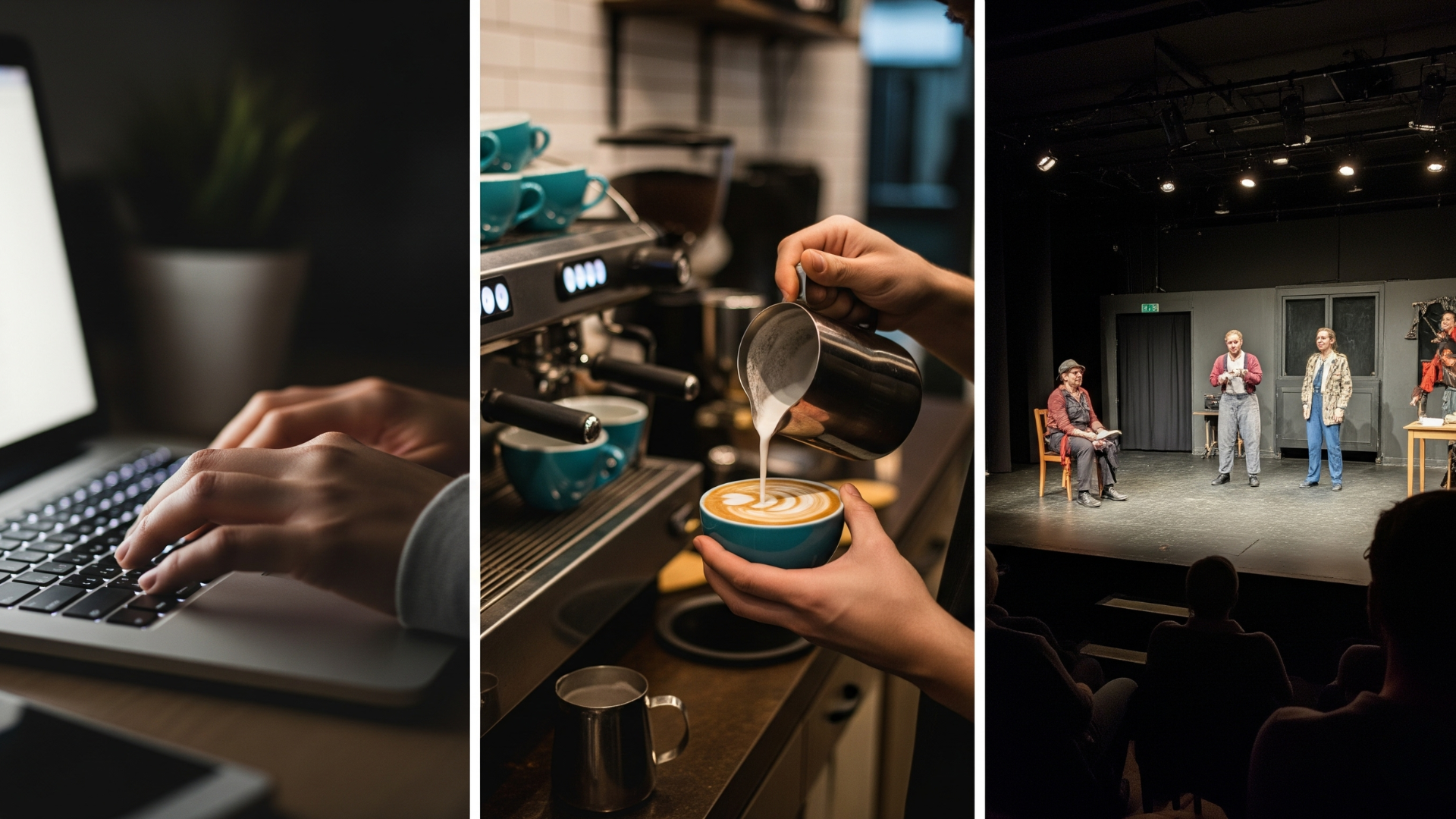
Making Money While You Hustle
Most aspiring actors need a source of income to survive while they look for their big break. This is not a sign of failure but a sign of a smart, strategic approach. Consider side hustles like:
- Freelance Work: If you have skills in writing, graphic design, or social media management, you can find freelance gigs online.
- Part-time Jobs: Working as a waiter, in retail, or as a gym trainer are flexible options that allow you to balance work and auditions.
- Theater Work: Taking on small roles or backstage work in local productions can not only provide a little income but also invaluable experience and connections.
Managing your budget is easier when you’re not wasting money on fake opportunities. Stick to verified platforms that can protect you from scams. Also, check out Dazzlerr to learn more about new jobs.












